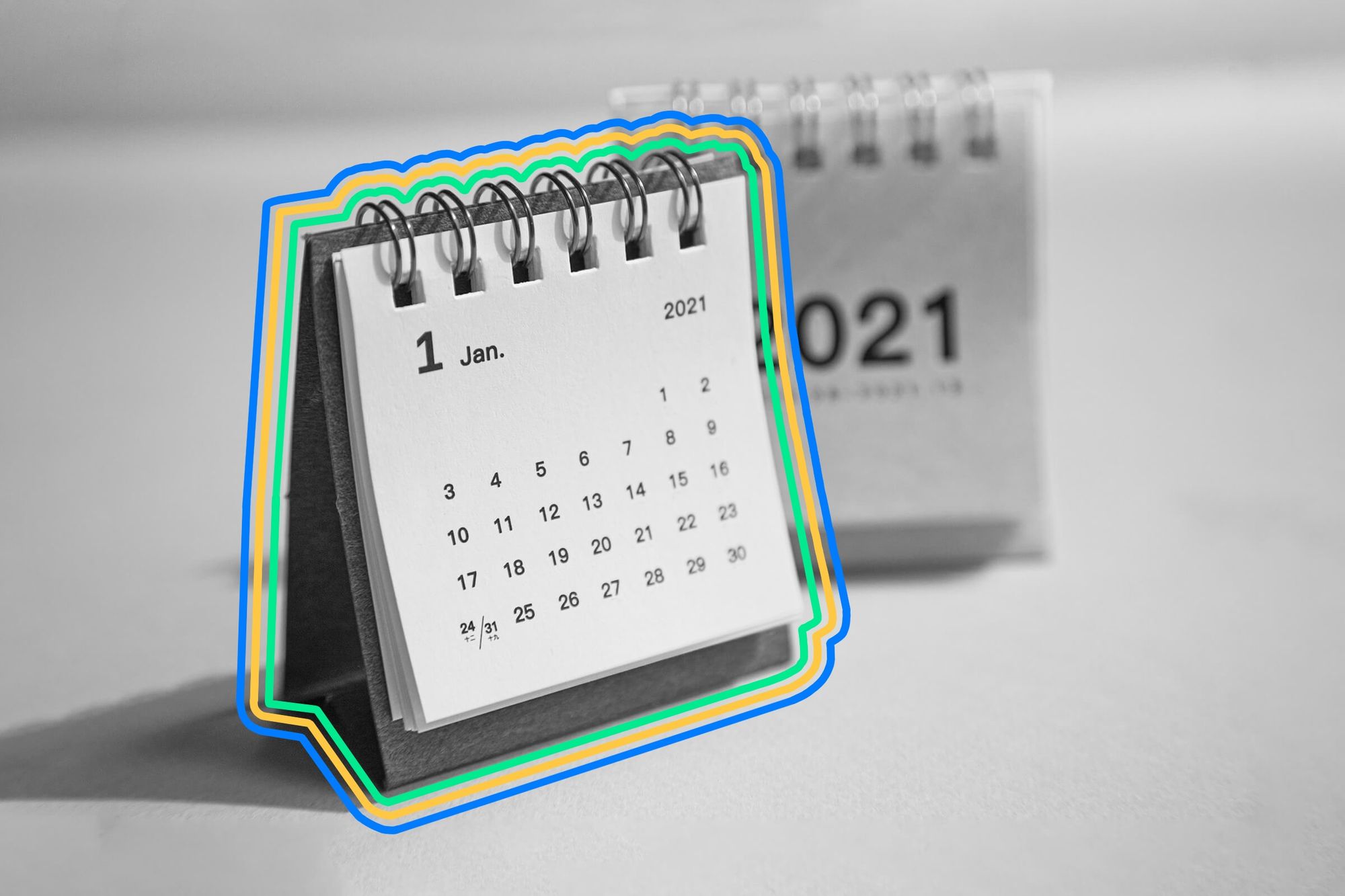| September is associated with the Roman god of __. |  |
|
|
 | Numbers Don't Lie |
|
 | | Letters in "September," the most of any month | | 9 |
|
|  | | American babies born on September 9 in an average year | | 12,301 |
|
|
|
 | | Approximate median number of U.S. births per day | | 11,000 |
|
|  | | Months with 30 days, including September | | 4 |
|
|
|
|
|
 | You have more birthday twins than you realize. |
|
| The next time you're in a room with 22 other people, ask them their birthdays — there's a 50% chance that two people in that group will share a birthday. This statistical oddity, known as both the birthday paradox and birthday problem, is shocking at first, but borne out by some math. Adding up every possible combination for everyone in the room (22+ 21 + 20 etc.) comes out to 253 chances of a shared birthday. Half of 365 is 182.5, which is to say that 253 represents well over half the number of days in a year. (Even though some birthdays are more common than others, the difference is not that great, unless you're born on a holiday or February 29.) Increase the number of people in that room to 75 and there's a 99.9% chance two of them will have the same birthday. | | |
|
|
|
| You might also like | | 7 Puzzling Questions About the Calendar, Explained | | Over the course of a few millennia, the calendar has been shaped and rearranged to fit fleeting political whims, religious observances, bureaucratic challenges, and bizarre superstitions. The story of the calendar is the story of humanity, and the answers to these questions show why. |  |
|  |
|
|
|
|
|
No comments:
Post a Comment